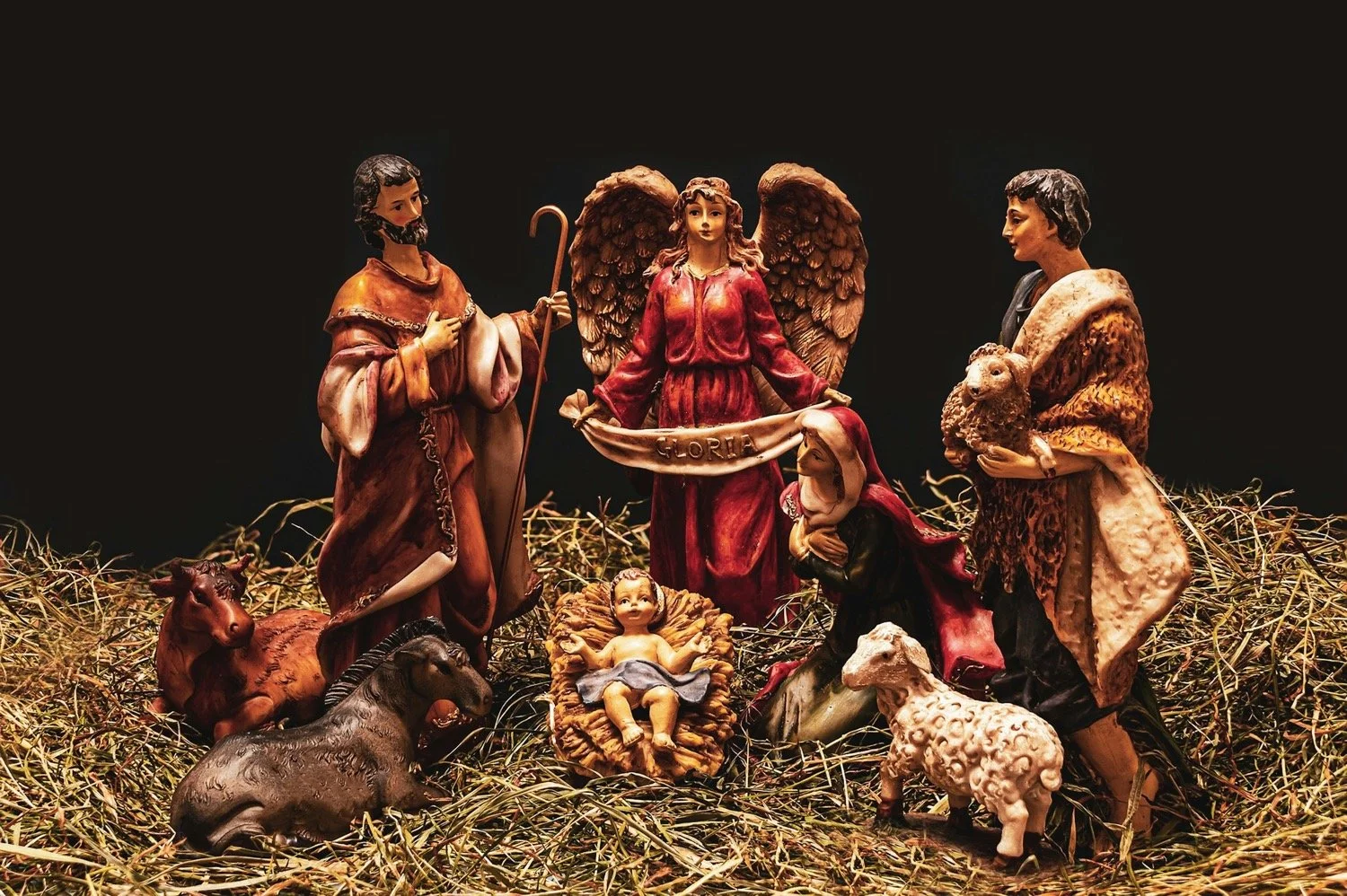Readings for today: Ephesians 5-6, Titus 1-3
A basic question I am often asked is how to live a life that is pleasing to God. A life that is open to God. A life that is surrendered to God. People want to know what it means in the everyday to follow Christ. What does it mean to live a godly life? What does it mean to have a godly marriage? What does it mean to raise godly children? Work towards godly ends in our vocation? These are all great questions to ask as we think about what it means to be a Christian. Is it just a set of beliefs about God? An abstract theological system we ascribe to? A set of laws we have to obey? I prefer the way Paul describes it in the Book of Ephesians…
“Watch what God does, and then you do it, like children who learn proper behavior from their parents. Mostly what God does is love you. Keep company with him and learn a life of love. Observe how Christ loved us. His love was not cautious but extravagant. He didn’t love in order to get something from us but to give everything of himself to us. Love like that.” (Ephesians 5:1-2 MSG)
It starts with our perception of God. Is He a distant tyrant that exercises His rule over our lives whether we like it or not? Is He a loving Father who wants to bless and give good gifts to His children? If you lean towards the former, then the temptation will be to try to measure up. Try to prove yourself. White-knuckle your faith with an iron will and rigid self-discipline. If you lean towards the latter, you are set free to follow the example God sets for us in Jesus Christ. You can learn to imitate Him. Especially in love. As you walk with Him and talk with Him and spend time with Him, He promises to teach you a life of love. Extravagant. Abundant. Generous. Overflowing. This is the love of God and the love He wants us to walk in every single day. It is this love that should mark every relationship. It is this love that drives us to serve and submit to one another. It is this love that inspires obedience to His will. It is this love that changes how we parent, how we work, how we retire, and how we spend our free time. We don’t love to get anything from others, we love in order to give ourselves away. This is the secret to living a life pleasing to God.
Where do you find yourself imitating God in your life right now? Where is it easy? Where is it hard? What challenges do you face along the way? Are there certain people in your life that you find it hard to love? Lean into Christ. Follow His example. Rather than withhold love or keep the person at arm’s length or cut them out of your life, love even more deeply. Love even more fully. Love even more extravagantly. Love in a healthy, honest, transparent way. This is the way Jesus loved.
Readings for tomorrow: 1 Timothy 1-6




